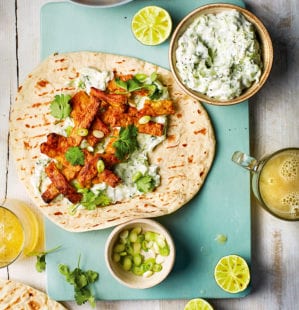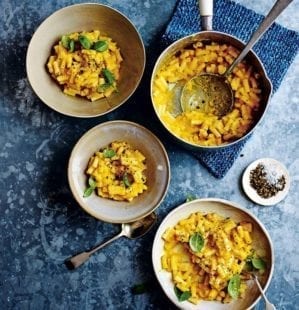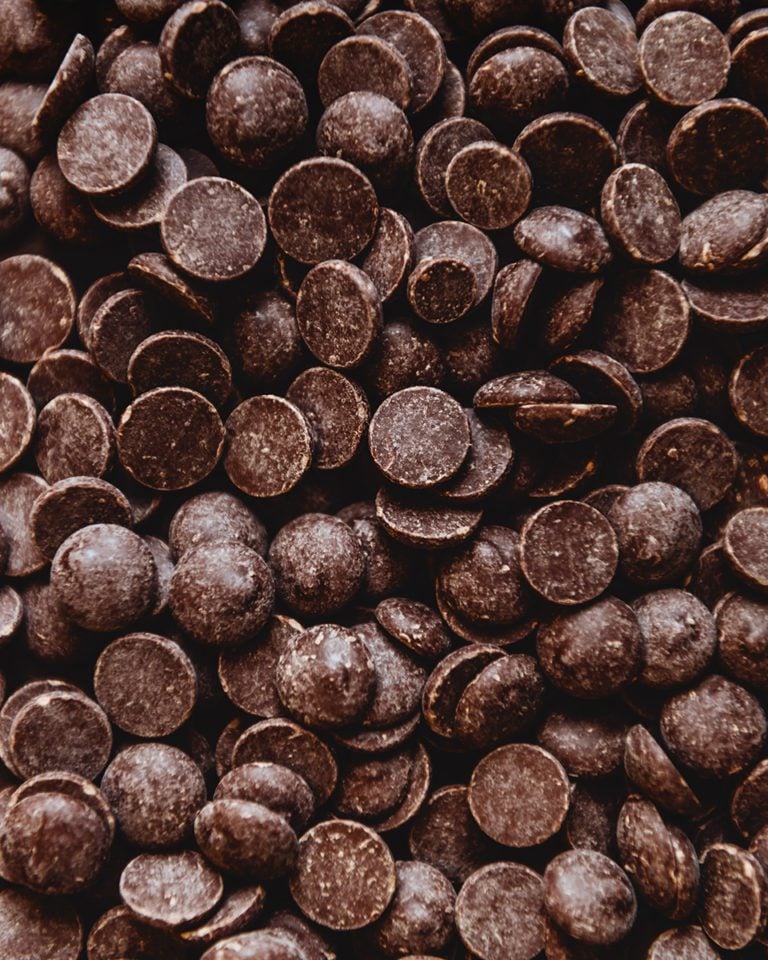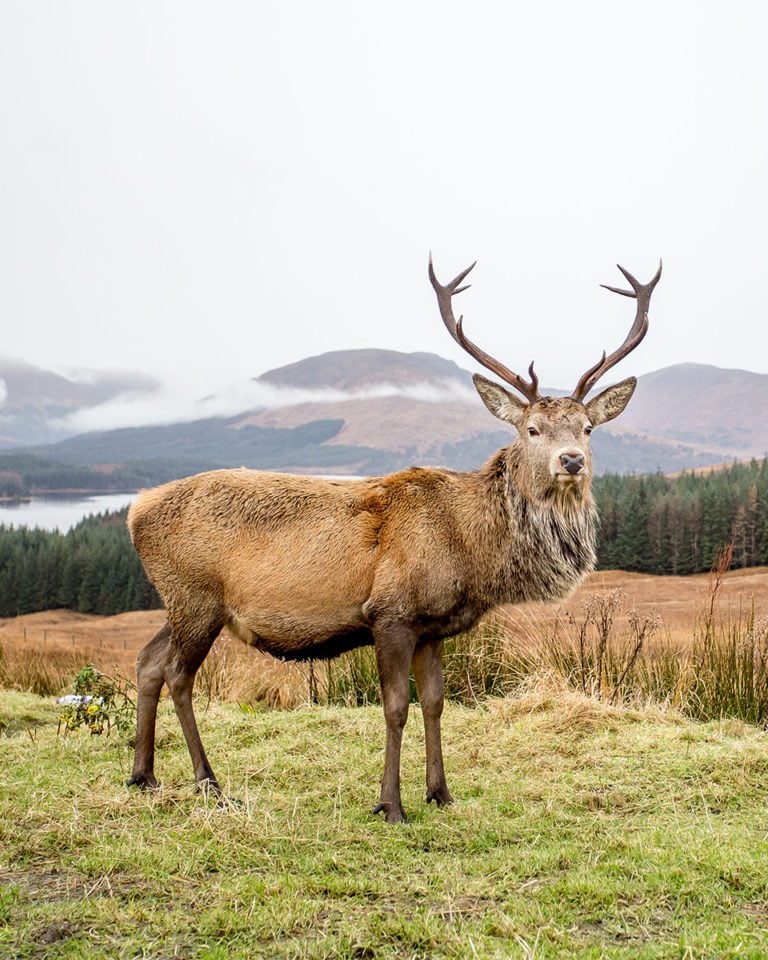Has veganism lost its way?
The big ‘pulls’ of veganism have always been its green credentials and health benefits. Those USPs have been undermined by the craze for highly processed offerings that try to mimic non-vegan favourites, from bacon to cheese to out-and-out junk food.
As well as being less than healthy, these products are often environmentally questionable – but thankfully, says food writer Clare Finney, that kind of vegan eating is on the wane. Say hello to a new, more holistic approach, inspired by some of the world’s great plant-based eating cultures. It’s more sustainable, healthier and, as our all-new recipes show – bursting with flavour
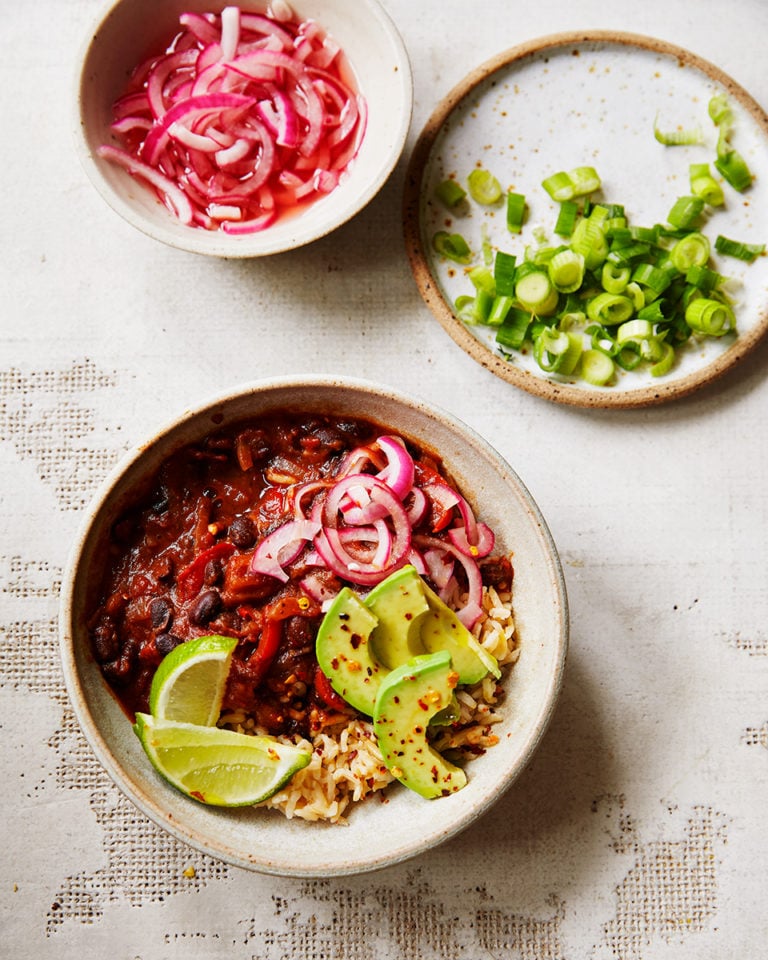
“Surely,” I said to my newly vegan cousin one Christmas, “eating a free-range turkey from a farm down the road is better for the planet than that.” That was his tofurkey: a flavour-enhanced, acidity-regulated softball with a ludicrous product-to-packaging ratio, impenetrable list of synthetic ingredients and an appearance more foul than fowl. In the end, the proof of the pudding was in his not eating it; the hapless tofurkey has never resurfaced. Nevertheless, it’s stuck with me as an example of some of the misguided thinking that occasionally mars vegan meals.
Full disclosure: I am not vegan. I am a food journalist, intrigued to discover whether veganism stands up to scrutiny through a sustainability lens. A vegan diet isn’t exempt from environmental considerations. Whether it’s the industrial almond farms poisoning bees and depleting the water supplies of North America or the soya and palm farms fuelling deforestation on a global level, many foods vegans consider to be staples are problematic.
Then there’s the industrial chemical processing entailed in transforming things like mycoprotein (derived from mushrooms), pea protein and soy into ‘bacon’ and ‘sausages’. Mycoproteins’ surprising environmental impacts are thanks to the energy entailed in fertilising the sugar that feeds the fungi, and in processing its protein. Perhaps the most explicit example of this comes from Quorn, one of the leading mycoprotein manufacturers. Though producing Quorn takes just 0.8kg of CO2/kg, producing its vegan chicken-free slices releases 3.1kg of CO2/kg.
Does a ‘bad’ vegan beat ‘good’ meat-eater?
There are strong vegan counter arguments to this. The consequences of soy cultivation have more to do with the amount of soy fed to livestock than made into tofu. Soy consumed directly by people is far more land and carbon efficient than soy consumed via beefburgers. And even ‘bad’, meat-mimicking vegan meals are better for the planet – in terms of carbon emissions – than actual meat-based ones.
According to the largest meta-analysis of global food systems to date, 83% of emissions from European diets come from meat, dairy and eggs. Plant-based foods, including the accursed tofurkey, emit fewer greenhouse gases regardless of how they are produced, packaged or transported. I could tell you about organic, mixed land use farming systems until the grass-fed cows come home, but when it comes to emissions, as sure as eggs is eggs, they’re responsible for more CO2 than silken tofu.
Another thing in favour of mock-meats is, even if they’re not as sustainable as veg and pulses, if they lure non-vegan customers away from excessive meat and dairy for one or two days a week, that’s a positive. “The success we’ve had with our vegan meals has been based not just on vegans and vegetarians buying them, but also on people looking to reduce their meat consumption,” says Waitrose product developer Simona Cohen-Vida. Spiced seitan koftas and no-chicken samosas might be more processed and packaged than, say, potatoes, but “they can act as stepping stones into a more plant-based diet, because they have a familiar texture and taste”.
And aside from all the green arguments for vegan food, however processed, Matt Turner at the Vegan Society asks us to remember that vegans are allowed to have fun too. “While veganism is generally associated with health and wellbeing, we’re occasionally allowed junk food.”
How unhealthy is ‘bad’ vegan food?
For vegan comedian Stevie Martin, the availability of vegan meals has been transformational – but it has brought its risks. “Going out for dinner doesn’t make me feel stupid any more – though I do have to watch what I eat. I could gorge on vegan junk food all day if I wanted to,” she tells me. Yet as Turner points out, the importance of not relying on processed foods “could be said of any diet, not just veganism”.
Yes and no, says Rebecca McManamon, consultant dietitian and spokesperson for the British Dietetic Association. Yes, all highly processed food is poor nutritionally – but processed vegan food can be worse still. “The more processed a meal, the more likely it is to have added salt, saturated fat and sugars,” she explains – “and foods that are trying to imitate meat and dairy will be more processed.”
For example, one of the fats most commonly used to make vegan cheese is coconut oil, which is higher in saturated fat than cheese. Then there’s the fact that swapping cheese, milk, meat and fish for vegan equivalents “is not, nutritionally, a like for like. If I have hazelnut milk instead of cow’s milk in coffee, I’m not getting the same nutrients unless it’s fortified – and not all alternative milks are.” The same goes for Quorn and jackfruit: “People tend to think solely about protein, but it’s not just that,” she continues. “There are other nutrients offered by meat, fish and dairy that aren’t present in those alternative foods, or are in smaller quantities.”
A better way of vegan eating
Again, how much this matters to you will depend on your reasons for veganism. If they are primarily ethical, converting meat eaters to your cause may take priority over health concerns. Yet a healthy planet and healthy people are not mutually exclusive, and increasingly food producers and writers are adopting a more holistic and globally inspired approach to veganism: one such producer is frozen meal delivery service By Ruby, which “looks at areas like India or southeast Asia where people eat a lot of vegan and vegetarian food”.
Co-founder Milly Bagot is not averse to fake meats per se, but her approach to veganism is largely shaped by her aversion to consumer culture. “If fake meats encourage meat eaters to eat less of it, that’s good, but equally there are lots of ways you can cook vegan while avoiding those products. Seaweed and nutritional yeast give a parmesan saltiness, for example.”
Similarly Waitrose’s latest vegan range scoured the world for seasonings and techniques that could elevate natural plant-based dishes. “We use pickling, we use fermenting, we use marinades and sous vides,” says Cohen-Vida. The supermarket’s vegan bbq mushrooms with sticky rice is a prime example, with a marinade inspired by Korean flavours bringing the mushrooms’ innate umami-ness to the forefront. It’s delightfully savoury and, when it comes to sustainability, Cohen-Vida tells me Waitrose “applies the same principles to vegan food as to all our other ranges”.
It’s tempting to liken vegan food in the west to a cult musician who, having hit the big time, struggles to cope with his newfound celebrity. His intentions, once so pure, start to ring hollow as he’s accused of churning out shallow crowdpleasing songs and being ‘in it for the money’.
In Waitrose’s Korean mushrooms, in the creations of By Ruby and in Emily Gussin’s recipes, we see something more sensitive: a way of eating that’s sustainable, nutritious and defines veganism not by the absence of meat but the presence of interesting natural ingredients; ingredients that just happen to be plant-based.
The best new vegan cookbooks
Zaika by Romy Gill
Vegan recipes celebrating the zaika or ‘flavours’ of Indian cooking from the beloved Ready Steady Cook chef.
East by Meera Sodha
Meera Sodha draws on a wide range of Asian cuisines in this book partly inspired by her hugely popular Guardian column
Vegan(ish) by Jack Monroe
Simplicity and affordability is the name of Monroe’s – aka the Tin Can Cook – game in this collection of inventive recipes designed for vegans and vegan-curious cooks alike.
Afro-vegan by Bryant Terry
A vegan cookbook inspired by the many cultures and flavours of West Africa
One Pot Pan Planet by Anna Jones
Simple, fast and planet friendly one pot dishes from the queen of vegetarian cooking
Nistisima by Georgina Hayden
Mediterranean vegan food from an award-winning food writer
Vegan Japaneasy by Tim Anderson
Japanese recipes that are either inherently vegan or have been vegan-ised by a simple substitution
A healthy planet and healthy people are not mutually exclusive, and increasingly food producers and writers are adopting a more holistic and globally inspired approach to veganism.
Subscribe to our magazine
Food stories, skills and tested recipes, straight to your door... Enjoy 5 issues for just £5 with our special introductory offer.
Subscribe
Unleash your inner chef
Looking for inspiration? Receive the latest recipes with our newsletter

